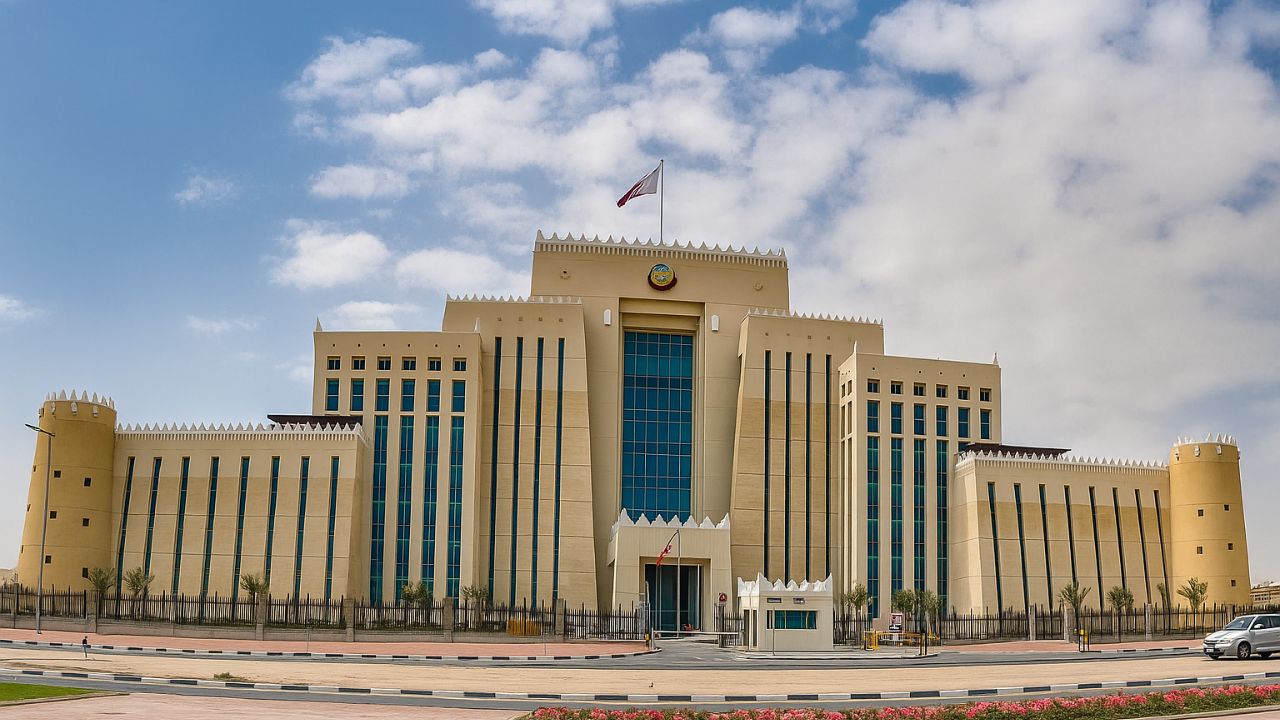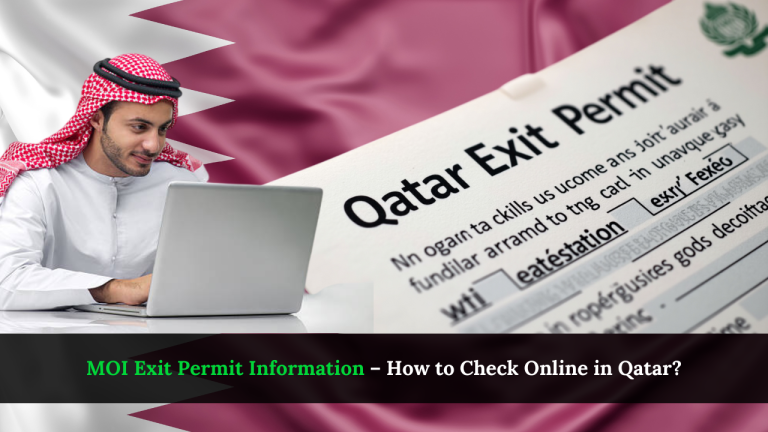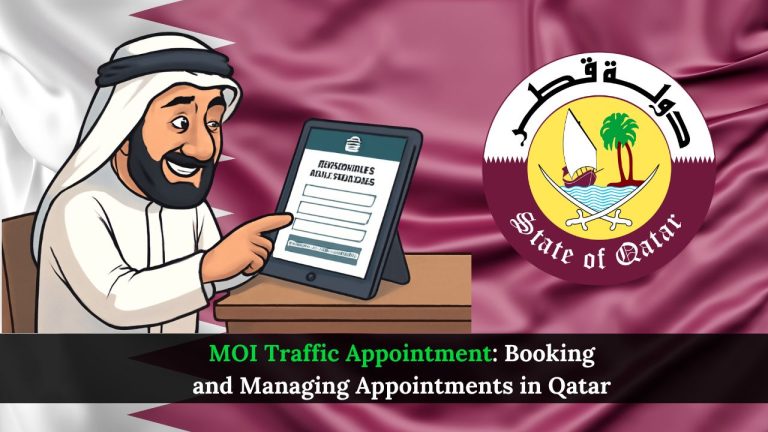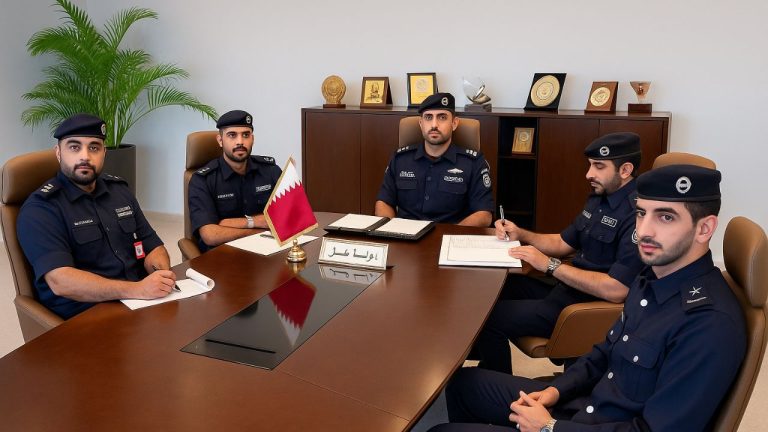MOI Qatar Issues Cybercrime Warning

MOI Qatar Issues Cybercrime Warning. The Ministry of Interior (MoI) Qatar has issued a stern warning to all residents and citizens to exercise extreme caution when receiving messages or links from unknown sources. As part of its ongoing cybersecurity awareness campaign, the MoI Qatar highlighted the increasing threat of cybercrime in Qatar, particularly phishing attacks, and stressed the importance of data privacy and digital protection.
What Is the MoI Warning About?
According to the latest MoI advisory, cybercriminals are actively targeting unsuspecting users via text messages, emails, and social media with malicious links. These messages often appear to be from legitimate sources, including friends, family members, or reputable businesses. Once clicked, these links can install harmful software or lead to fake websites designed to steal personal information.
“To be safe from the risks of cybercrimes, we advise avoiding opening links and not responding to messages from unknown sources,” the MoI stated.
This advisory is part of the ministry’s larger efforts to reduce cybercrime threats and promote safe internet usage among the public.
What Is Phishing and How Does It Work?
Phishing attacks are deceptive methods used by cybercriminals to obtain sensitive data such as login credentials, banking information, or social media account access. These scams typically involve:
- Fraudulent emails or messages
- Fake login pages that mimic legitimate websites
- Malicious attachments or downloadable files
- Impersonation of trustworthy contacts or organizations
Common Targets of Phishing Include
- Online banking accounts
- E-commerce platforms
- Social media profiles
- Email accounts
- Qatar ID and passport information
Once the victim unknowingly shares their personal details, cybercriminals can misuse this data for financial theft, identity fraud, or unauthorized access to systems.
Data Privacy in Qatar: What the MoI Wants You to Know
The Ministry of Interior Qatar emphasizes the need to protect personal information in the digital space. In its statement, MoI warned:
“Your name, date of birth, and address are information linked specifically to you. Your ID, passport and driver’s licence are also considered sensitive personal information. Your account information such as email addresses and passwords forms your digital identity.”
In addition, credit card numbers, online banking passwords, and personal identification documents must never be shared with unverified sources.
Best Practices to Stay Safe from Cybercrime in Qatar
To help residents protect themselves from phishing scams and cybercrime in Qatar, the MoI has outlined several cybersecurity best practices:
1. Never Click on Suspicious Links
Avoid opening links sent from unknown numbers or emails. If you weren’t expecting a link, don’t click it.
2. Verify Sender Identity
Double-check who the message is from. Contact the person or company directly if something feels off.
3. Use Strong, Unique Passwords
Update your passwords regularly and don’t reuse the same password across platforms.
4. Enable Two-Factor Authentication (2FA)
Use 2FA wherever possible to protect your online accounts from unauthorized access.
5. Monitor Social Media Interactions
Only interact with people you know. Be cautious of fake profiles pretending to be friends or relatives.
6. Educate Young Users
Ensure content restrictions and age-appropriate controls are enabled for children’s devices.
How to Report Phishing or Cybercrime in Qatar
If you suspect you have received a fraudulent message or phishing email, the Ministry of Interior encourages you to report it through the following official channels:
| Contact Method | Details |
|---|---|
| 📱 Metrash2 App | Use the app to report cybercrime |
| Call Center | 2347444 or hotline 66815757 |
| [email protected] | |
| Direct Visit | Visit the nearest MoI Qatar office |
Timely reporting helps the authorities take action and prevent others from falling victim to the same attack.
Why Awareness of Cybercrime in Qatar Matters
With Qatar’s digital economy growing rapidly and more services moving online, cybercriminals are finding new ways to exploit vulnerabilities. The MoI Qatar continues to emphasize awareness and education to create a secure and digitally resilient society.
From banking to healthcare, transportation to e-commerce—your personal information is now more accessible than ever. This convenience comes with responsibility, and the MoI is actively promoting good cyber hygiene among residents.
Conclusion
Cybercrime in Qatar is a real and growing concern. The MoI’s warning against phishing, unknown links, and online fraud should be taken seriously by all residents and citizens. Following best practices, staying alert, and reporting suspicious activity can go a long way in protecting your digital identity and financial well-being.





